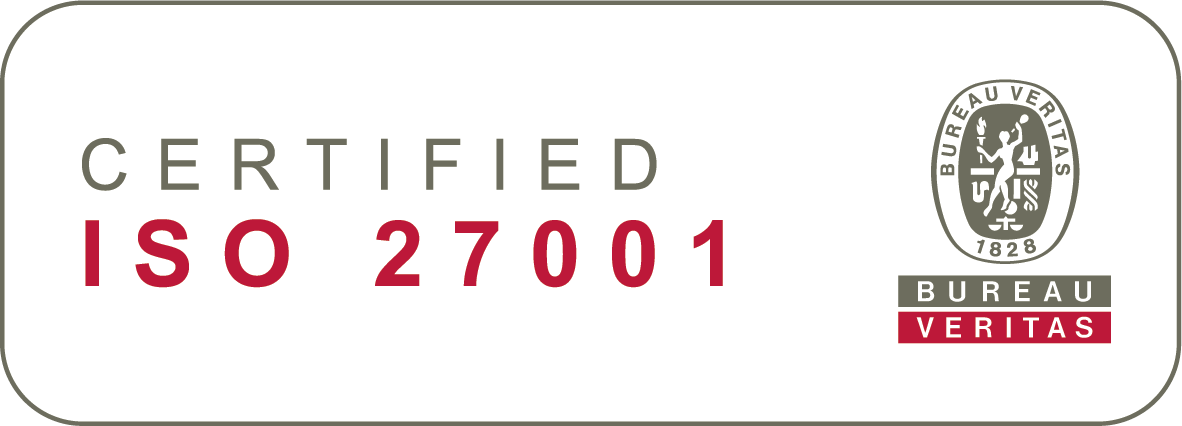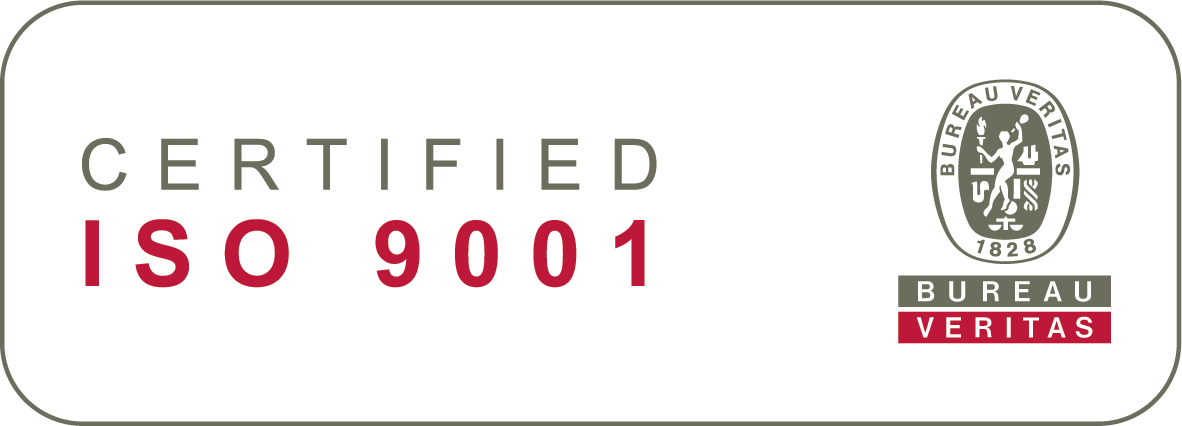HR that loves retail
Automate the processes that power your workforce. Onboard and offboard seasonal and part time workers, set and track performance goals, and manage pay according to collective agreements. Do all this, and more, with Sympa.
- SYMPA
- PRODUCT
- INDUSTRIES
-
RETAIL
Retail and HR, simplified
Retail work comes in all shapes and sizes – which is why it is vital HR runs a tight ship to provide the support their people need. From compliance to collective agreements, training to offboarding, you need a system, processes, data, workflows, and automations to stay on top of your workforce planning. Never fear – Sympa has got your back.

Sympa supports retail HR Teams with:
- Employee master data overview
- Pay management according to collective agreement
- Time registration
- Hire actions, contact creation, certificate of employment
- Contract
- Certificate of employment
- E-Sign
- On and offboarding
- Seasonal and part time workers

Keep your people processes flowing
- An HR solution built for logistics companies
- ISO certified and GDPR compliant
- Employee and manager self-service tools
- Clear overview of multi-site and multi-country employee data
- Simplified, automated HR processes that lower costs and save time
- Powerful reporting – discover key company insights
- User friendly UI that shows the information you need
A system that supports every step of your journey.
When your company grows, Sympa will meet your needs. New countries, entities, and languages can be added at any time, and our wide range of local and global integrations ensure that you’ll always be able to optimise your processes the way you like, whenever you like.
Meet the needs of all your locations, anywhere.
Sympa adapts to local legislation and is fully GDPR compliant in all countries. Connect Sympa with your favourite local and global tools for a complete view of all your people data in one centralised system.
Trusted by leading brands and organisations
















Speak to an expert
We’d love to show you how Sympa can help you optimise the entire employee life cycle so you can focus on your people.









